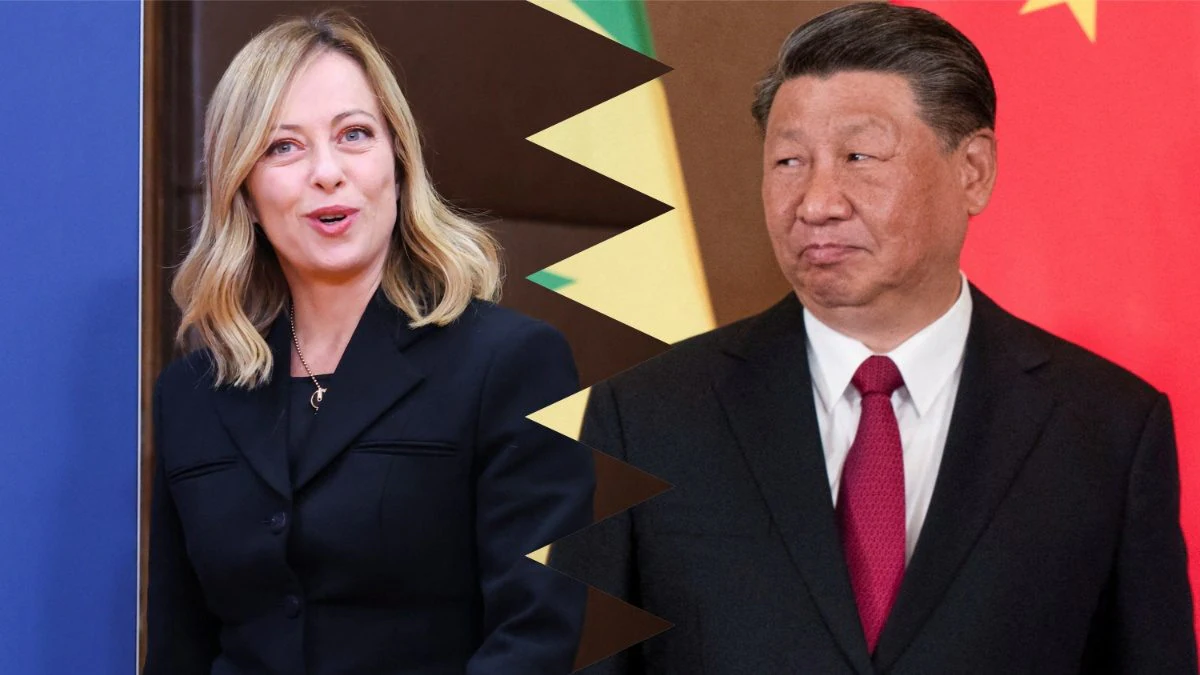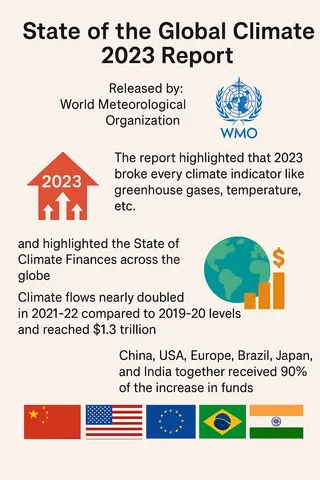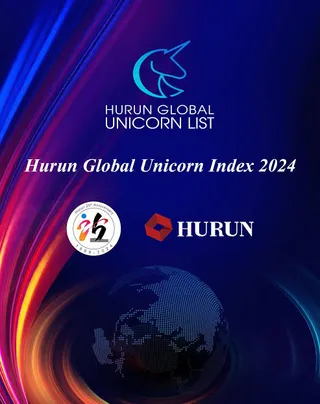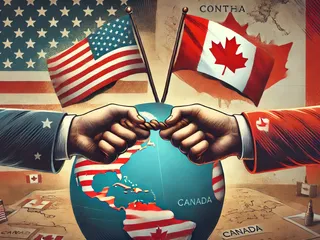The South China Sea dispute is a protracted and multifaceted geopolitical issue involving several nations vying for control over strategically important islands, reefs, and maritime resources within the sea. The dispute's complexity stems from overlapping territorial claims, historical interpretations, and the significant economic potential of the region.
Territorial Claims: The primary claimants are China, Taiwan, Vietnam, the Philippines, Malaysia, and Brunei. These claims are often based on historical interpretations, differing legal frameworks, and the assertion of sovereignty over various island groups, most notably the Spratly Islands and Paracel Islands. China's claim, based on its historical “Nine-Dash Line,” is particularly contentious, encompassing a vast area of the South China Sea and overlapping significantly with the exclusive economic zones (EEZs) of other claimant states.
Resource Competition: The South China Sea is rich in natural resources, including vast reserves of oil and gas, fisheries, and potentially valuable seabed minerals. This abundance fuels the intense competition among claimant states, further exacerbating existing tensions. The potential economic benefits associated with these resources are a significant driver in the ongoing dispute.
International Law and UNCLOS: The United Nations Convention on the Law of the Sea (UNCLOS), to which most claimant states are parties, provides a framework for resolving maritime disputes. However, differing interpretations of UNCLOS provisions and China’s disregard for certain rulings, particularly the 2016 Permanent Court of Arbitration (PCA) decision in the Philippines vs. China case, continue to hinder the peaceful resolution of the dispute. The PCA ruling, while not legally binding on China, invalidated China’s expansive claims under the Nine-Dash Line.
Regional Stability and International Implications: The South China Sea dispute has significant implications for regional stability and international relations. The potential for escalation, military incidents, and disruptions to vital shipping lanes pose serious threats to global trade and security. The involvement of major powers like the United States adds another layer of complexity, further raising the stakes of the conflict. These external influences often complicate the already intricate dynamics between the primary claimant states.
Ongoing Diplomatic Efforts: Despite the challenges, various diplomatic efforts have been made to de-escalate tensions and find peaceful solutions. These include bilateral talks, regional forums like ASEAN (Association of Southeast Asian Nations), and multilateral dialogues. However, progress has been slow, often hampered by conflicting national interests and the lack of a universally accepted framework for resolving the dispute.
Conclusion: The South China Sea dispute remains a critical issue with significant geopolitical implications. Finding a peaceful and sustainable solution requires a commitment from all parties involved to international law, diplomacy, and a respect for the sovereign rights of other nations. The future stability of the region hinges on the willingness of all concerned parties to engage constructively and find mutually beneficial outcomes through dialogue and adherence to international norms.






































